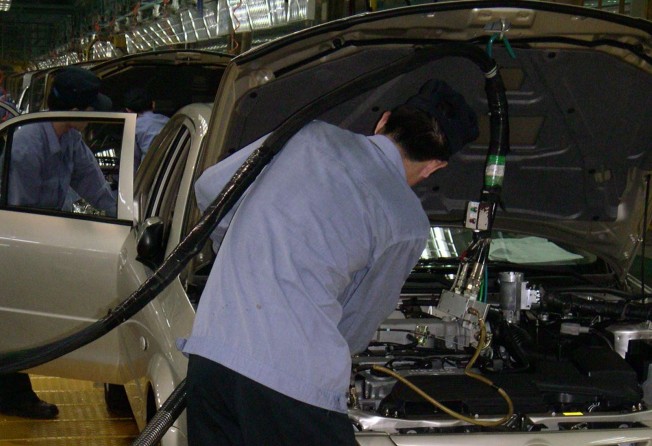Major exec departures at state car maker FAW Group
Chairman and three board members head for the exit

The chairman of state-owned car giant China FAW Group, Xu Xianping, is leaving his post after more than 20 years with the company.
Also leaving the business are board director Teng Tieji, and board supervisors Yang Yanchen and Wang Lijun.
Despite being in lucrative long-standing joint ventures with Volkswagen, Toyota and General Motors, the country’s oldest car maker has suffered years of underperformance compared with its state-owned peers such as Dongfeng and SAIC Motor.
The firm has forecast losses for the first half of the year to hit between 790 million and 850 million yuan.
Xu, 52, is being replaced temporarily by the deputy chairman Qin Huanming, until a full-time replacement is found, said an official notice, which added Xu was leaving to seek “new work arrangements”. It said Qin would stay on as deputy after that.
It said Xu would not be taking up any other positions with FAW, and has already assumed a post as head of the centrally-owned industrial firm, China General Technology Group.
The announcement sparked a 4.11 per cent rise in FAW’s shareprice in Shanghai on Friday, while its listed subsidiary FAW Tianjin jumped 5.17 per cent to 5.09 yuan in Shenzhen.
The Chinese government has recently stepped up its efforts at revamping poorly performing state companies within a long-awaited reform programme, putting the spotlight firmly on companies with inefficient corporate governance compared to their private-sector rivals.
“We shall remove incompetent corporate leaders in a timely manner,” the State Council said in a guidance on SOE reforms last December.
“We need to resolve problems where the chairman, but not the board, is the sole decision maker of some companies.”
FAW has come in for criticism for an over-reliance on its joint-ventures with VW and Toyota, as it faced increased pressure from other Western car brands. The company’s relationships with VW, Toyota and GM date back to the 1990s.